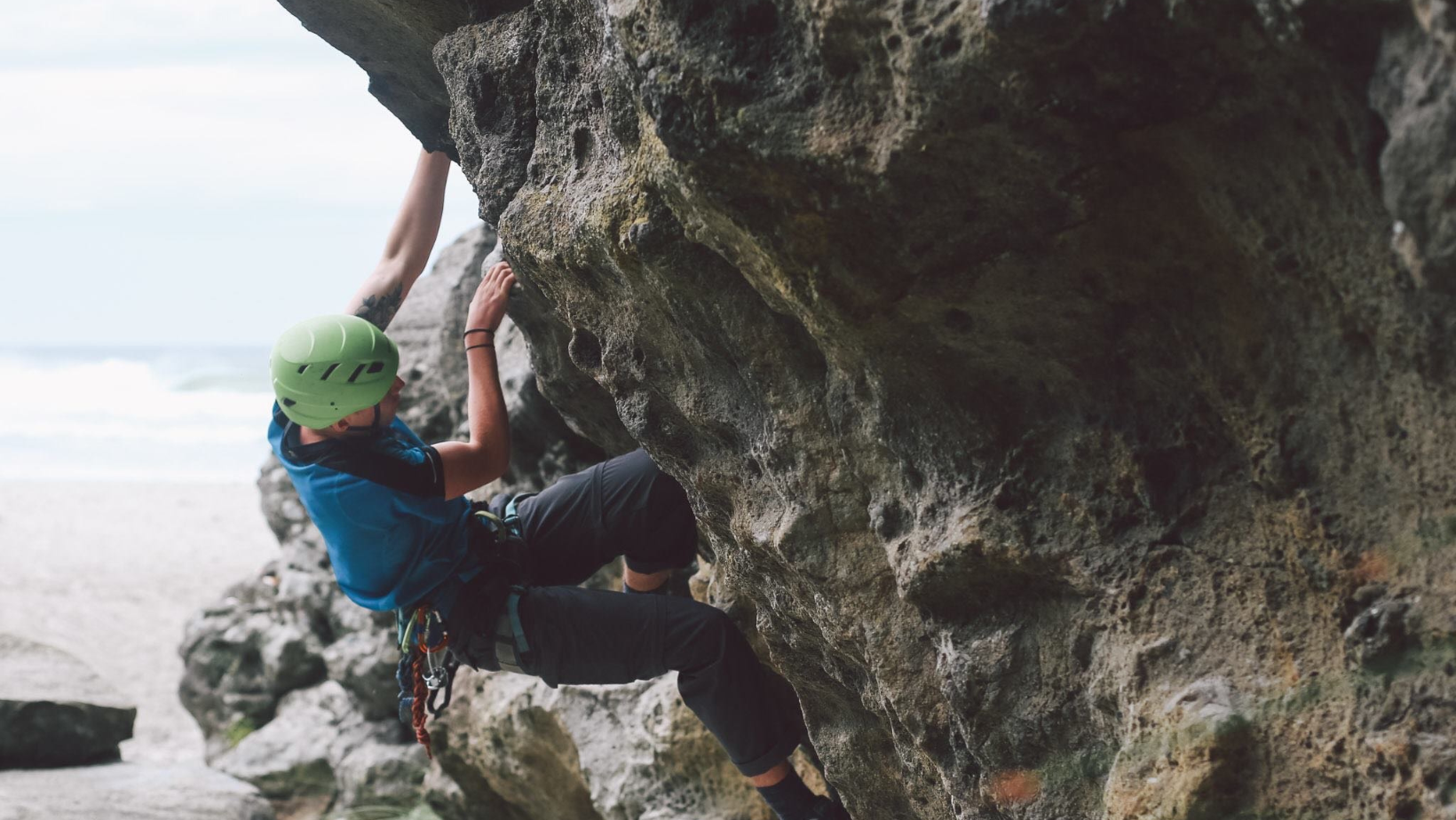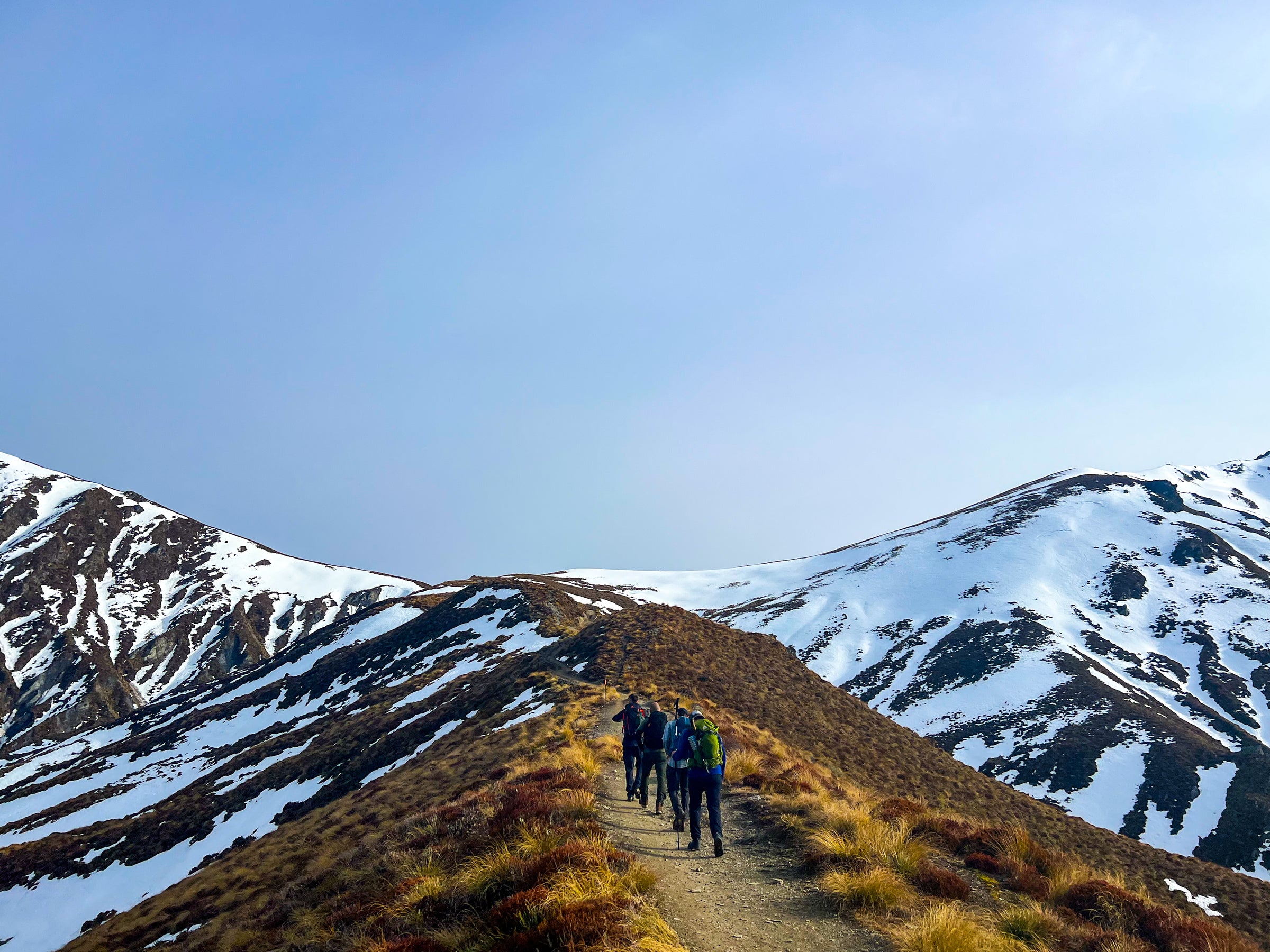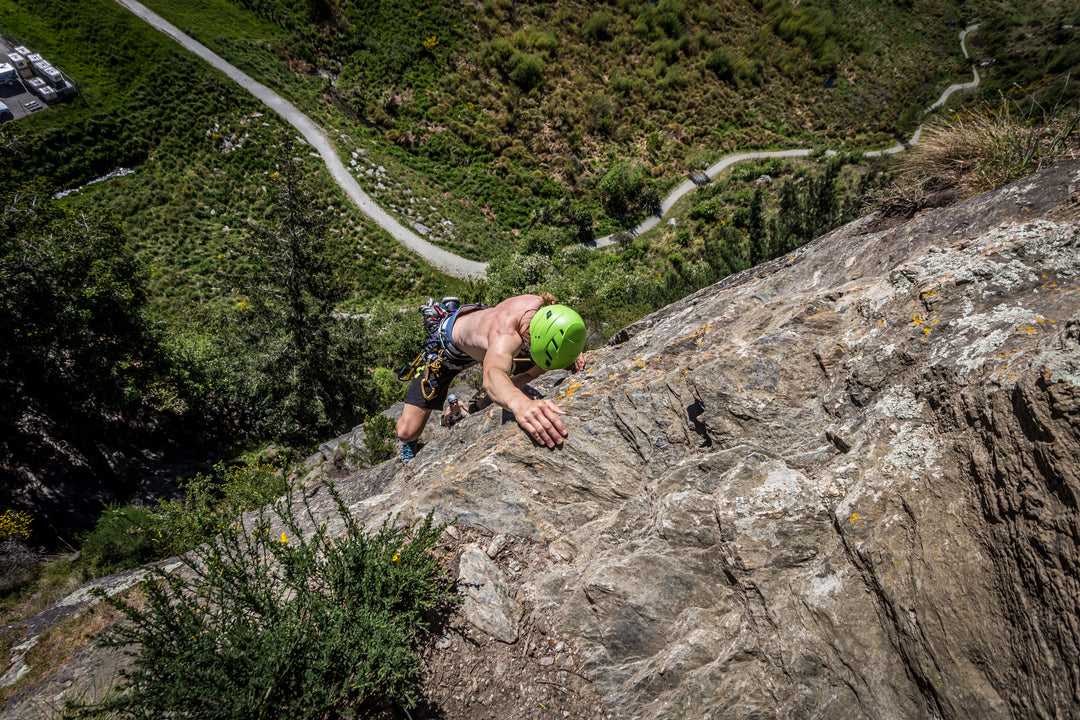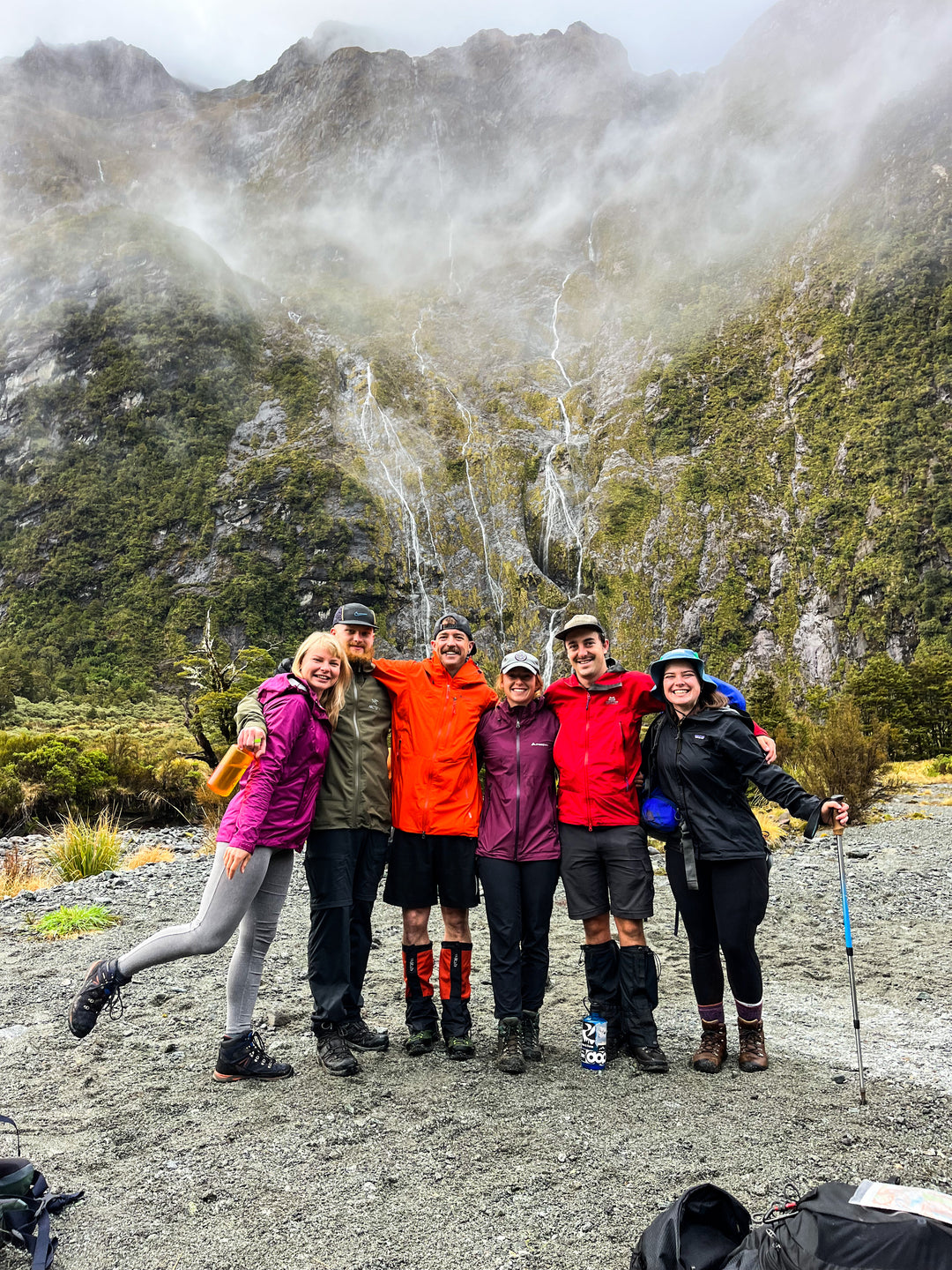Our Mission
At Pure Exploration, we focus on meaningful adventure travel, immersing people in unique cultural environments, educating them and encouraging personal development. Through adventure and exploration, we want to help you develop mental fortitude, internal confidence and external wellbeing. We offer global outdoor adventure programs designed for travellers seeking a constructive and developmental stepping stone into independent travel, the outdoor industry or the next chapter in their life.
Why Travel With Us?
- We have over 20 years of industry experience running global programs
- We excel at providing experienced based immersive education programs
- Industry recognition, we train you to the NZOIA qualification standards
- Explore remote corners of the globe while upskilling in the outdoors
Our Programs
We offer a diverse range of programs encompassing adventure travel and immersive education. Designed to have you upskill in the outdoors while exploring an epic location.
Why Travel With Us
Our team has over 20 years global experience guiding groups and teaching technical outdoor skills. With a passion for travel and the outdoors, our experienced instructors will have you learning from the ground up.

Contact Us
202 Glenda Drive,
Queenstown, New Zealand.
USA: + 1 (888) 417 6026
UK: +44 (808) 303 4684
AUS: + 61 (4) 8209 4249
NZ: +64 (3) 288 2393






